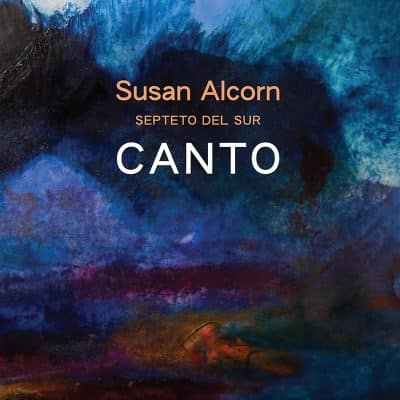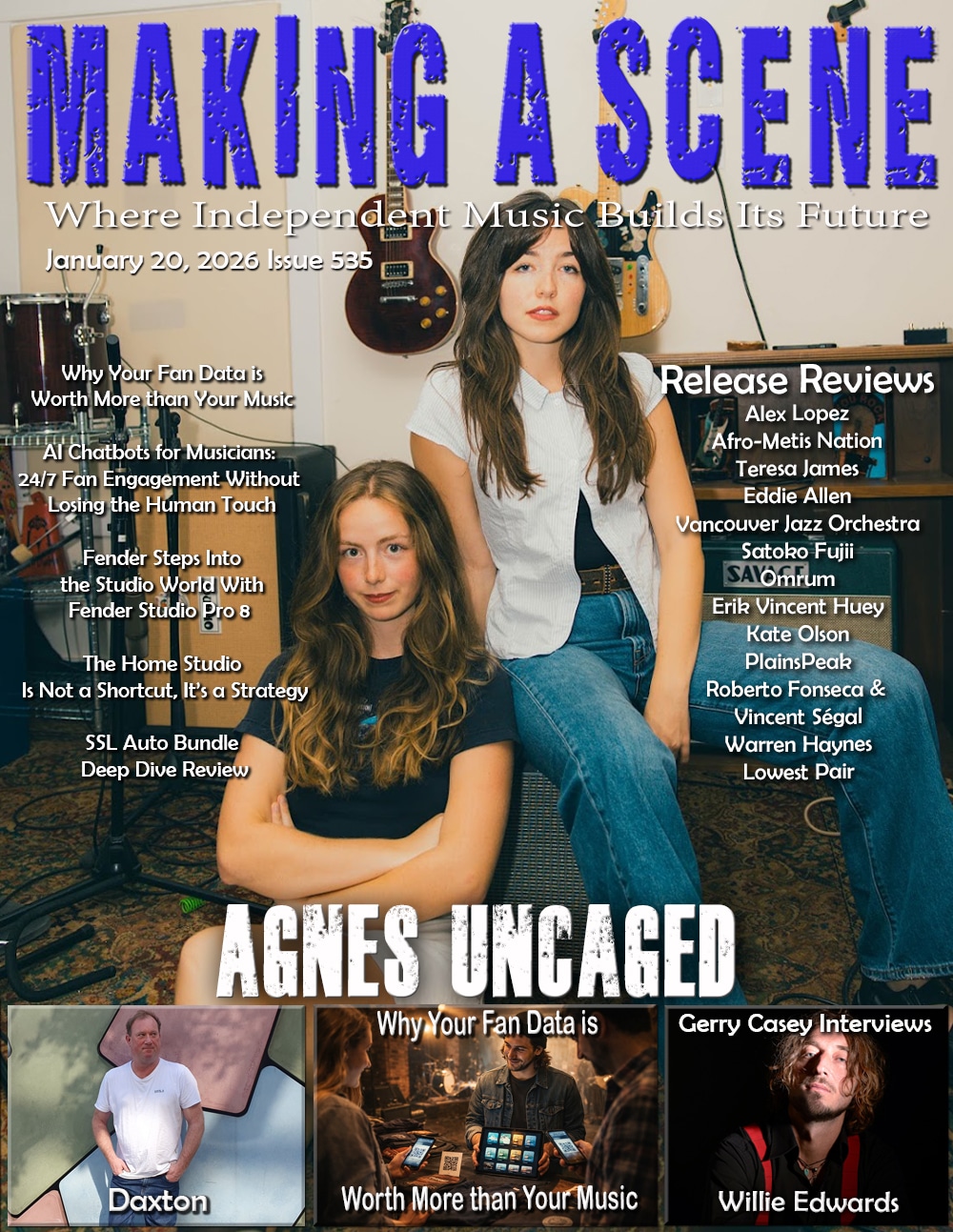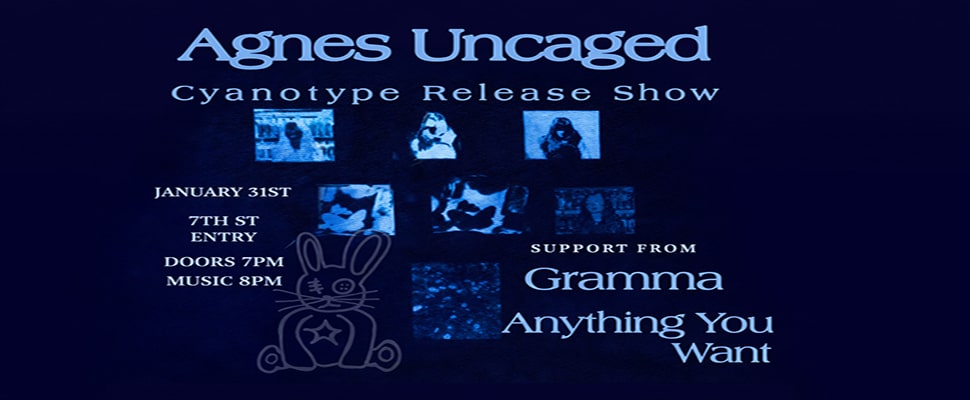Susan Alcorn CANTO
 Susan Alcorn
Susan Alcorn
CANTO
Relative Pitch
We are revisiting the creative pedal steel guitarist Susan Alcorn, who presents an altogether different set of sonics than she did on her 2020 quintet rendered Pedernal which we covered on these pages. This time Alcorn leads a septet, labeled here as Septeto del Sur, a group of Chilean improvisers and folk musicians in a sound that blends contemporary classical, Chilean folk and nueva cancion with free improvisation. The music is inspired by her travels to Chile, first in 2003 when she studied the language and the music of the region. She realized that many of the songs were inextricably linked to the country’s tragic history, especially the giant wound left by the dictatorship of Augusto Pinochet. She heard firsthand the stories of activists, former exiles and concentration camp survivors. Consequently, Alcorn has been incubating this project, at least in her head, for two decades. Last November the Baltimore-based pedal steel player traveled to remote Maria Pinto in Chile’s coastal mountain range to record this original music complemented by a song by the legendary Chilean folk singer Victor Jara.
It was the improvising guitarist Luis “Toto” Alvarez who gathered the group of supporting musicians that includes bassist Amanda Irarrazabal, the brothers – drummer and cuatro player Claudio “Pajaro” Araya, charango and Andean flutist Francisco “Pancho” Araya, flutist and guitarist Rodrigo Bobadilla, a celebrated found of Chile’s nueva cancion movement, and violinist Danka Villanueva. These musicians all possess deep legacies in Chilean and Andean folk music, rock, and other bands in Latin genres.
Although we associate the pedal steel mostly with country music or sacred steel, we have heard the instrument in jazz and even blues-rock (Robert Randolph) settings. This is something completely new to this writer’s ears and likely yours too, yet the blend of sounds works surprisingly well (although with Alcorn at the helm we should not be surprised). The opening “Suite Para Todos” builds slowly with Alcorn’s steel blending with the violin and other instruments in an ascending scale that suddenly leads to a flute passage mimicking a bird song (a pained one at that) which morphs into Alcorn soloing in the high register before a march-like pulse and violent, frenetic improvisation emerges, reflective of a lone village woman sounding the alarm before an encroaching military incursion.
The centerpiece of the album though, is the three-part suite “Canto.” The first section is a melody of a phrase chanted throughout Latin America for the ‘disappeared,” those lost to Pinochet’s security forces. Alcorn first states the melody on her pedal steel before a series of shrill improvisations and march-like rhythms ensue, later morphing into gentler section that seems to encapsulate mourning followed by more joyous, and classically tinged tones reflective of celebration of life that leads rather naturally into the second section’s repeated chant from the poet Elicura Chiualiaf, “Suena de Laun Azul,” keeping alive the presence of those lost or missing. This epic, 13-minute piece encompasses everything from a Chilean version of a spaghetti western score to intense doom metal and contemporary composer Olivier Messianen’s famous piece, Et exspecto resurrectionem mortuorum (And I await the resurrection of the dead). The way the instruments merge and ricochet often contrapuntally off Alcorn’s pedal steel is fascinating and would probably be difficult to replicate – clearly ‘in the moment’ stuff. The section that begins around the ten-and-a-half-minute mark contains shouting and grunting, reflective of those rebellious times under the Pinochet regime. The chaos dissolves for the ball-like third movement, “Lukax,’ dedicated to Chilean improviser and one-time political prisoner Lukax Santana. Alcorn’s delivers a melodic intro solo before the group joins here around the two-minute mark, subsequently venturing again into wild improvising that holds sway for four minutes until the lovely theme reprises in the final minutes.
“Mercedes Sosa” is a classically infused piece dedicated to the late Argentine folk singer known as “La Negra.” Alcorn first recorded this song on her first solo album Uma in 2000 but this rendition proves a feature for the violinist, bassist, and Pajaro on cuatro. Rather unexpectedly, and we’ve learned it was indeed impromptu at the recording session, the album concludes with stirring vocals from Irarrazabal singing gently, followed by rock-like accompaniment for Victor Jara’s “El Derecho de Vivir en Paz,” a determined cry for hope as a swelling chorus of voices culminates the piece.
By turns gorgeous, disarming, and soothing Alcorn’s work stands uniquely on its own.
- Jim Hynes
Buy Us a Cup of Coffee!
Join the movement in supporting Making a Scene, the premier independent resource for both emerging musicians and the dedicated fans who champion them.
We showcase this vibrant community that celebrates the raw talent and creative spirit driving the music industry forward. From insightful articles and in-depth interviews to exclusive content and insider tips, Making a Scene empowers artists to thrive and fans to discover their next favorite sound.
Together, let’s amplify the voices of independent musicians and forge unforgettable connections through the power of music
Make a one-time donation
Make a monthly donation
Make a yearly donation
Buy us a cup of Coffee!
Or enter a custom amount
Your contribution is appreciated.
Your contribution is appreciated.
Your contribution is appreciated.
DonateDonate monthlyDonate yearlyYou can donate directly through Paypal!
Subscribe to Our Newsletter
Order the New Book From Making a Scene
Breaking Chains – Navigating the Decentralized Music Industry
Breaking Chains is a groundbreaking guide for independent musicians ready to take control of their careers in the rapidly evolving world of decentralized music. From blockchain-powered royalties to NFTs, DAOs, and smart contracts, this book breaks down complex Web3 concepts into practical strategies that help artists earn more, connect directly with fans, and retain creative freedom. With real-world examples, platform recommendations, and step-by-step guidance, it empowers musicians to bypass traditional gatekeepers and build sustainable careers on their own terms.
More than just a tech manual, Breaking Chains explores the bigger picture—how decentralization can rebuild the music industry’s middle class, strengthen local economies, and transform fans into stakeholders in an artist’s journey. Whether you’re an emerging musician, a veteran indie artist, or a curious fan of the next music revolution, this book is your roadmap to the future of fair, transparent, and community-driven music.
Get your Limited Edition Signed and Numbered (Only 50 copies Available) Free Shipping Included
Discover more from Making A Scene!
Subscribe to get the latest posts sent to your email.








